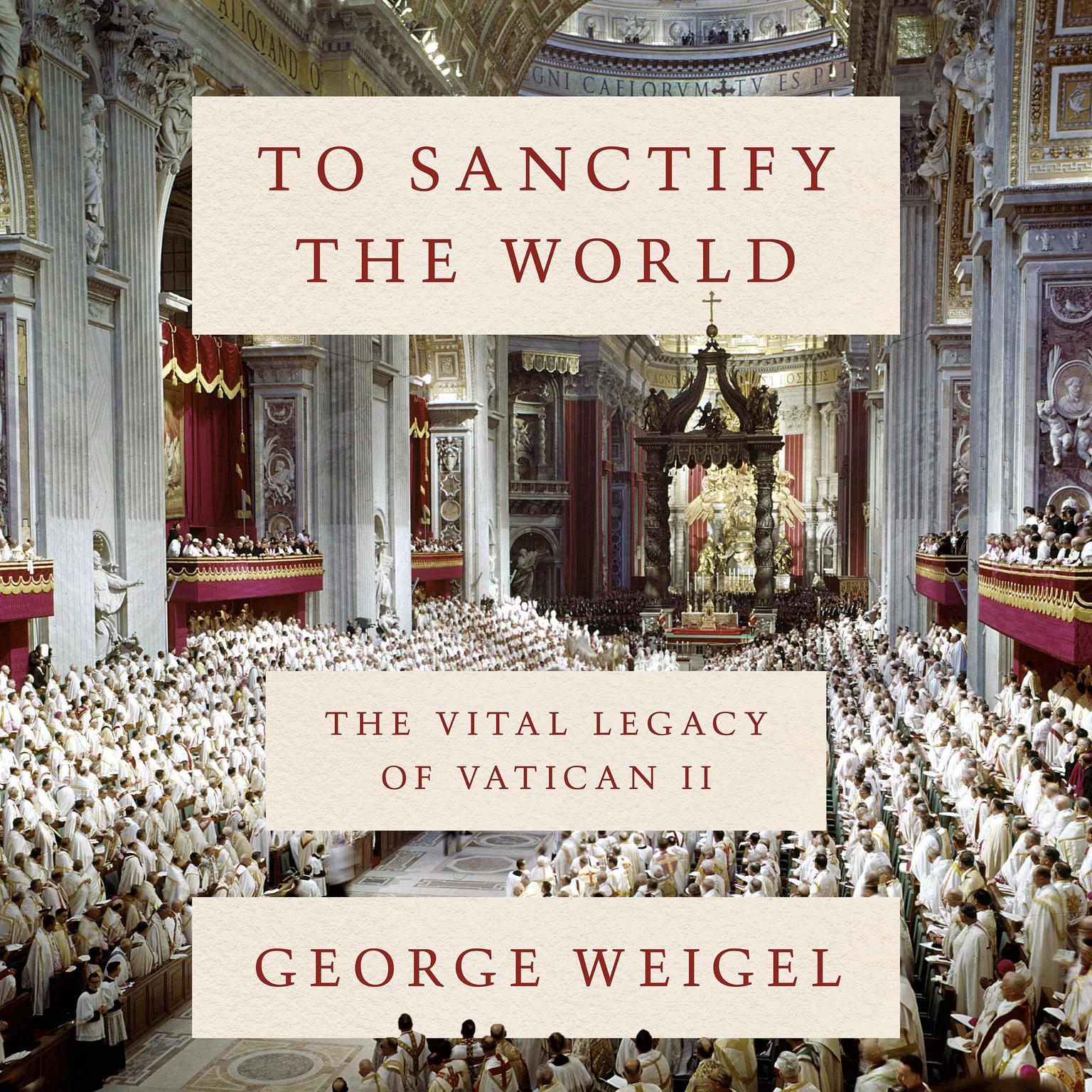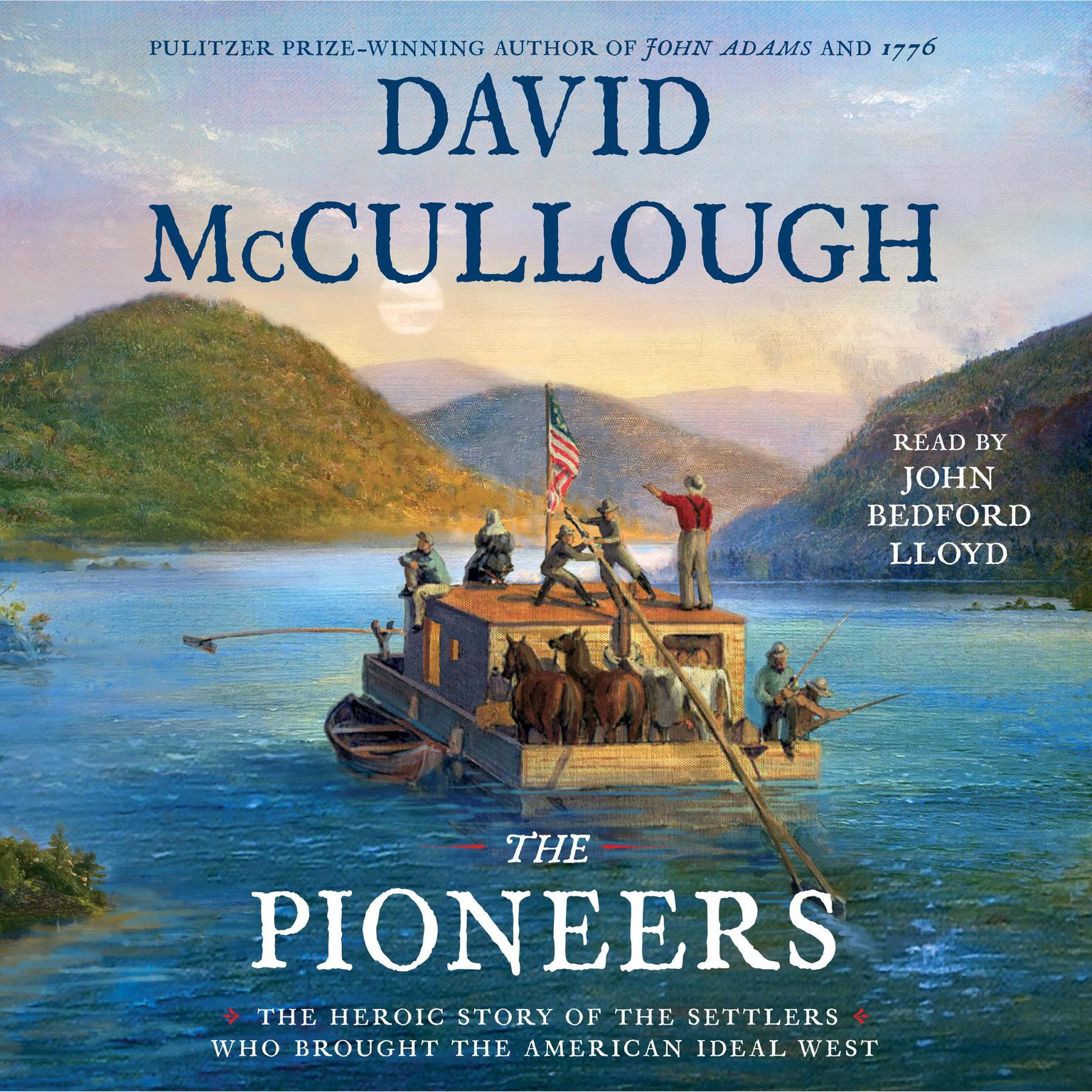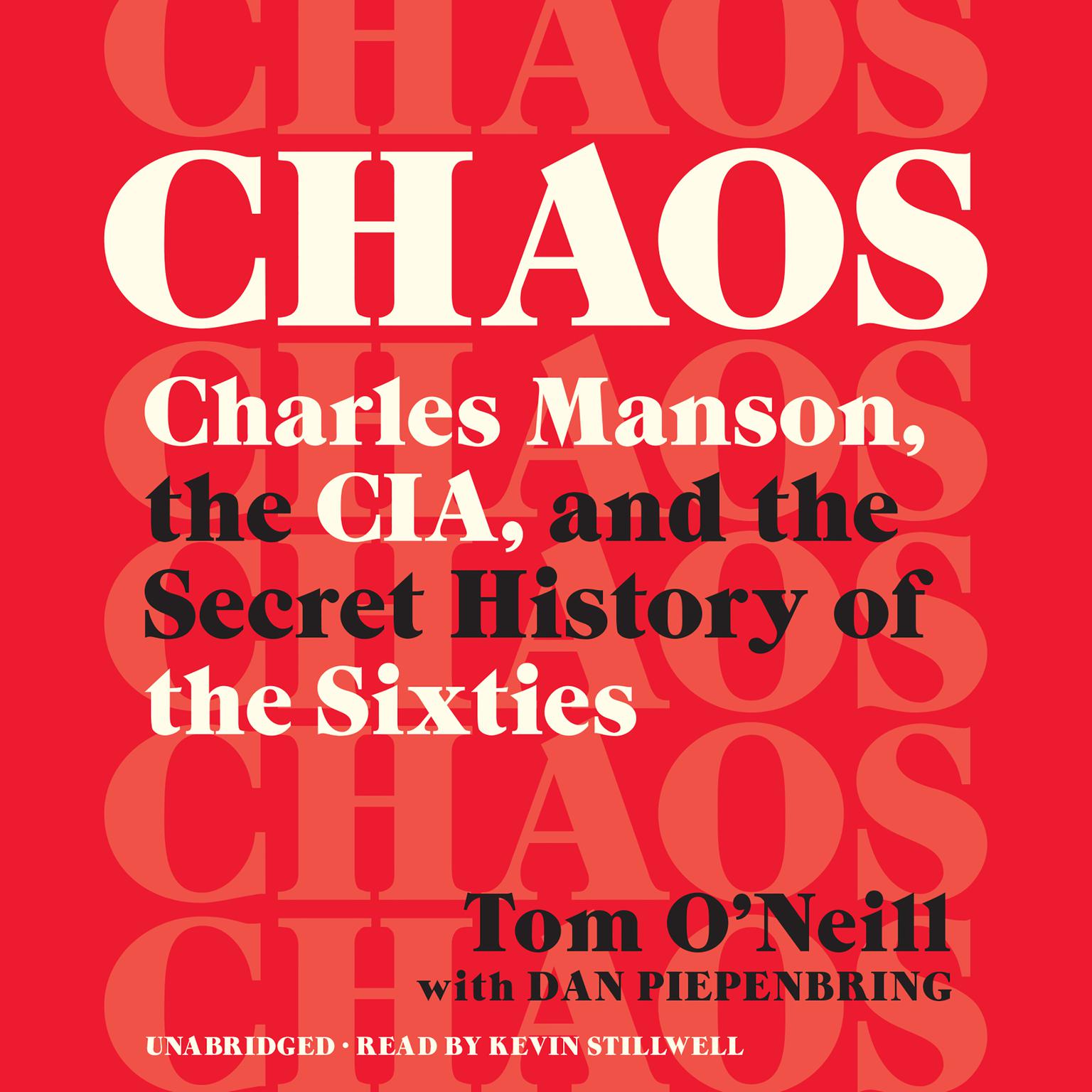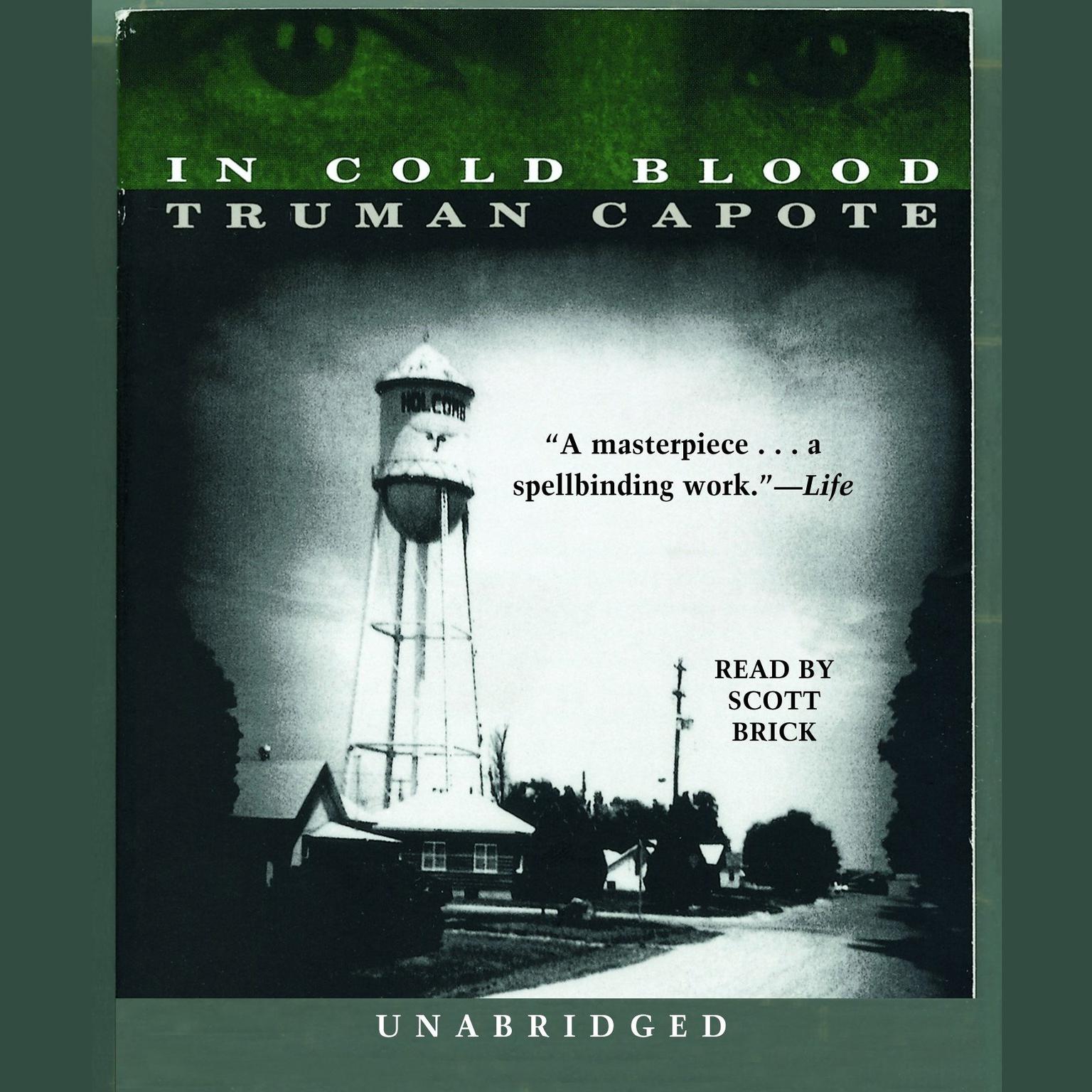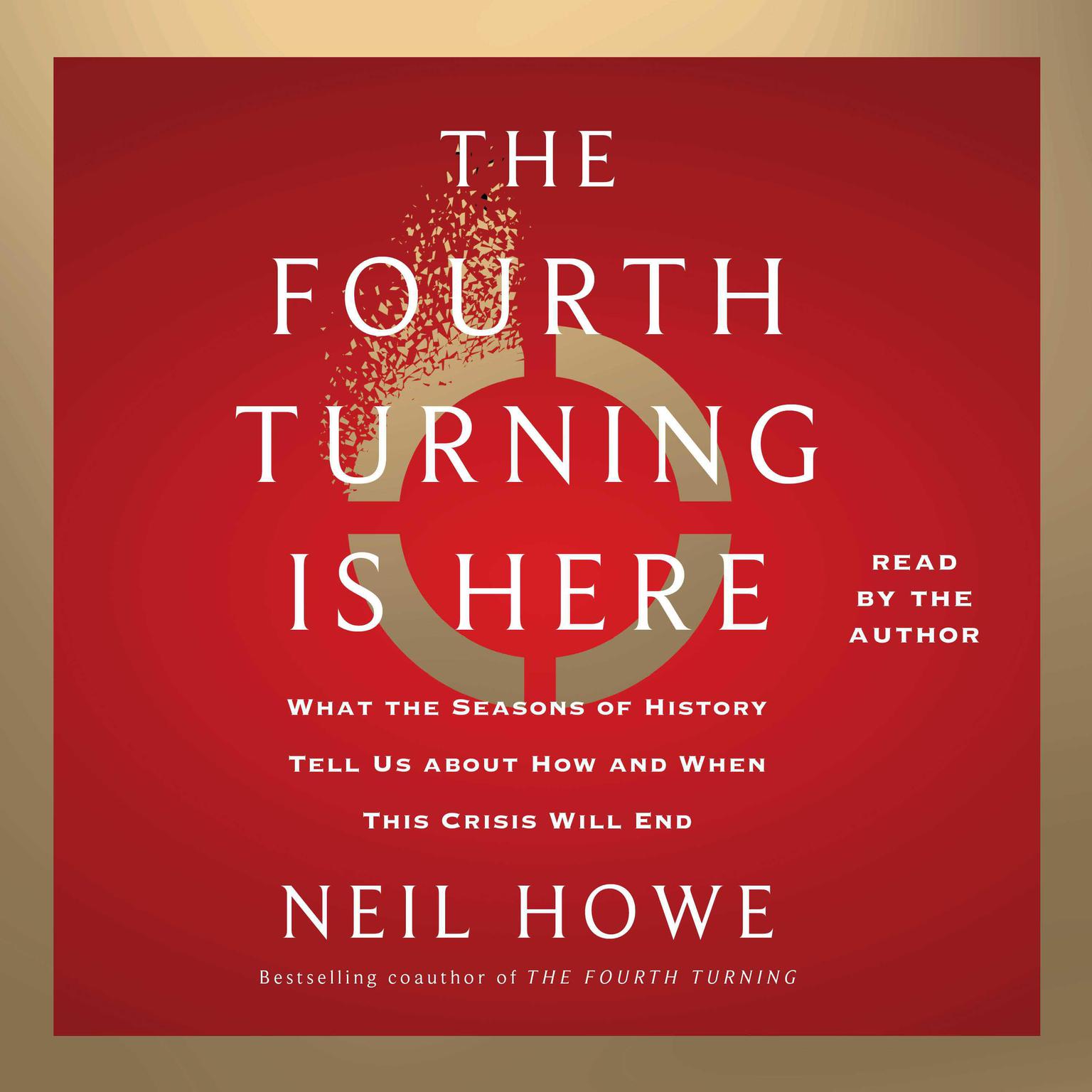Publisher Description
This program is read by multiple-award-winning narrator JD Jackson. #1 New York Times bestselling author and Pulitzer Prize winner Thomas E. Ricks offers a new take on the Civil Rights Movement, stressing its unexpected use of military strategy and its lessons for nonviolent resistance around the world. In Waging a Good War, bestselling author Thomas E. Ricks offers a fresh perspective on America’s greatest moral revolution—the civil rights movement of the 1950s and 1960s—and its legacy today. While the Movement has become synonymous with Martin Luther King Jr.’s ethos of nonviolence, Ricks, a Pulitzer Prize–winning war reporter, draws on his deep knowledge of tactics and strategy to note the surprising affinities between that ethos and the organized pursuit of success at war. The greatest victories for Black Americans of the past century, he stresses, were won not by idealism alone, but by paying attention to recruiting, training, discipline, and organization—the hallmarks of any successful military campaign. An engaging storyteller, Ricks deftly narrates the movement’s triumphs and defeats. He follows King and other key figures from Montgomery to Memphis, demonstrating that Gandhian nonviolence was a philosophy of active, not passive, resistance – involving the bold and sustained confrontation of the Movement’s adversaries, both on the ground and in the court of public opinion. While bringing legends such as Fannie Lou Hamer and John Lewis into new focus, Ricks also highlights lesser-known figures who played critical roles in fashioning nonviolence into an effective tool—the activists James Lawson, James Bevel, Diane Nash, and Septima Clark foremost among them. He also offers a new understanding of the Movement’s later difficulties as internal disputes and white backlash intensified. Rich with fresh interpretations of familiar events and overlooked aspects of America’s civil rights struggle, Waging a Good War is an indispensable addition to the literature of racial justice and social change—and one that offers vital lessons for our own time.
Download and start listening now!
We’ve long known what the people of the civil rights movement did; they changed America and then the entire world. Now, we can know how they did it. This book outflanks our ‘memory’ of the Movement by detailing, for example, the activist nature of Gandhi’s non-violence, with camouflaged ‘fire control officers’ orchestrating the waves of well-trained protestors refilling each lunch counter seat as quickly as the mob emptied it. The Highlander Folk School trained their ‘generals,’ while ‘basic training’ sites on Southern Black campuses and churches prepared the rank and file. This work shows all this without in any way minimizing the multi-hued bravery and sacrifice required to end Black Americans’ de jure second class citizenship. This is the book we who stand in awe of the Movement didn’t know we were waiting for—but we were.
—
Debra J. Dickerson, former Air Force intelligence officer and author of An American Story and The End of Blackness: Returning the Souls of Black Folk to Their Rightful Owners



